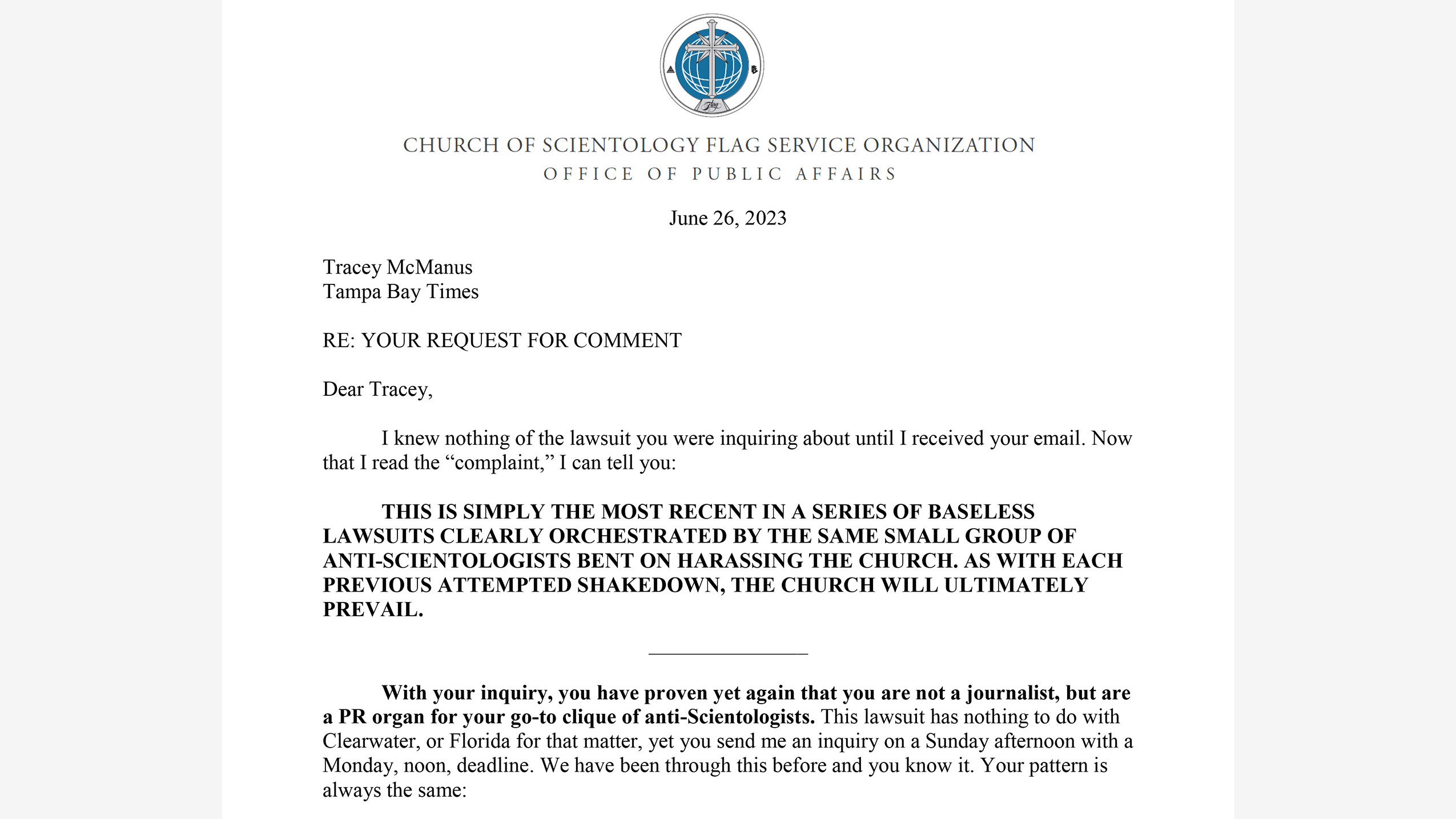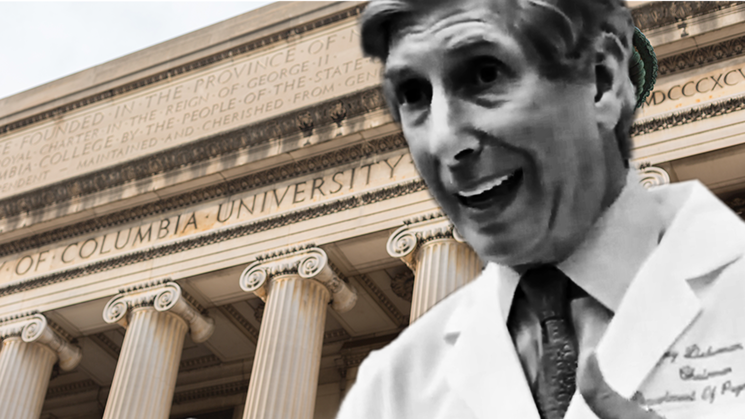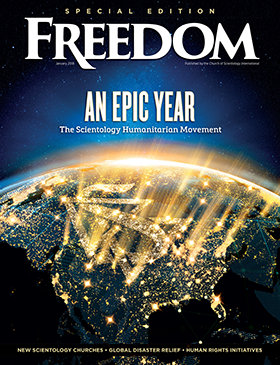Landmark Study Explodes Chemical Imbalance Myth
Today, more than 37 million Americans take antidepressants, 2.1 million of these between the ages of 1 to 17 years. A University College of London study points out there is no scientific evidence to support the existence of the chemical imbalance theory.
A study released last month by a team of scientists and researchers at the University College of London (UCL) has discredited one of the most widely accepted theories in the field of mental health — the assertion that a “chemical imbalance” in the brain causes mental illness and can be a cause of depression.
Published July 20, 2022, the study is the result of an extensive review spanning 50 years of the findings of 17 other major studies published throughout the world which examined the theoretical relationship between serotonin and depression. According to the study, “The idea that depression is the result of abnormalities in brain chemicals, particularly serotonin, has been influential for decades, and provides an important justification for the use of antidepressants.”
The UCL study found no scientific evidence to support the chemical imbalance theory, nor any proof that antidepressants have any valid effect in treating depression. Public acceptance of this erroneous idea has been generated by slick and effective marketing campaigns.
The chemical imbalance theory, first advanced in the 1950s, was popularized during the 1980s and subsequently used to launch a host of antidepressant drugs purportedly designed to adjust serotonin levels. Serotonin is a chemical thought to carry messages between
brain cells and throughout the body. (FYI only 10% is produced in the brain and 90% is found in the cells lining your gastrointestinal tract; https://my.clevelandclinic.org/health/ articles/22572-serotonin)
Mental healthcare has for decades promoted “chemical imbalance” as a key factor in the cause of depression and other mental health problems. The UCL study, however, found no scientific evidence to support the chemical imbalance theory, nor any proof that antidepressants have any valid effect in treating depression.
Public acceptance of the “chemical imbalance” lie has been generated by slick and effective marketing campaigns.
“People are told the reason they feel depressed is that there is something wrong with the chemistry in their brain and antidepressants could put it right,” said the study’s lead author, Joanna Moncrieff, a professor of psychiatry at University College London and consultant psychiatrist at North East NHS London Foundation Trust.
“But if there’s no evidence there’s anything wrong with the brain’s chemistry, then that doesn’t sound like a sensible solution. This profession has misled people for so long about the need for antidepressants and now doctors don’t want to admit they got it wrong.”
MARKETING DEPRESSION
On the heels of the campaign to market the “problem” of chemical imbalance has come an equally zealous effort to push antidepressants. Multibillion-dollar marketing campaigns have been used to convince 80 percent of the unwitting public that “chemical imbalance” causes depression, and antidepressants are the “solution.”
Prozac, one of the first antidepressants launched on the “chemical imbalance” campaign, was initially touted as a revolution in mental health treatment and marketed in more than 90 countries. Other similar drugs were soon introduced into the market and by 2005, more than 54 million people worldwide were taking antidepressants to treat a nonexistent chemical imbalance. By 2016, that figure had nearly doubled to 100 million.
Today in the United States alone, more than 37 million Americans take antidepressants, 2.1 million of these between ages 1 to 17.
As the UCL study pointed out, if there is no scientific evidence to support the existence of the malady, then what justification is there for foisting antidepressants on the public as “treatment?”
The issue is much larger. Psychiatric drugs are not just unnecessary, they have a long history of causing those who use them to become more depressed, mentally unbalanced, violent and suicidal.
In 1989, following Joseph Wesbecker’s murderous onslaught that left nine dead and 14 wounded, Freedom reported the coroner had found Prozac in Wesbecker’s blood. “Prozac, in certain individuals, has caused a violent, hostile type of reaction,” he said.
In 1972, a Freedom investigation found that a third of children given psychiatric drugs such as Ritalin suffered headaches, abdominal pains, dizziness, fainting and other side effects. In 1985, Freedom reported sweeping and even more severe consequences of mass drugging in an interview with a former consultant to the National Institute of Mental Health, who noted: “Psychiatry, with psychiatric drugs, has created the worst plague of brain damage in the history of the world.”
Freedom was also among the first to document the links between antidepressant drugs and violence. In 1988, in Winnetka, Illinois, Lauri Dann shot six children and an adult before turning her gun on herself. She was taking an experimental antidepressant. Later that
year, James Wilson killed two 8-year-old girls and wounded seven other children and two teachers. Wilson, who had no previous history of violence, was taking two psychiatric drugs for depression.
In 1989, following Joseph Wesbecker’s murderous onslaught that left nine dead and 14 wounded, Freedom reported the coroner had found Prozac in Wesbecker’s blood. “Prozac, in certain individuals, has caused a violent, hostile type of reaction,” he said.
And that deadly litany has continued to present day.
Not surprisingly, Moncrieff and her fellow researchers have been criticized by psychiatric vested interests for their findings. In answer she states, “there has been an avalanche of interest from the public,” which she attributes to “how widespread the message is that depression is caused by a chemical imbalance and that antidepressants work by fixing this imbalance. Many people, including journalists, have been shocked to find out this is not true, with one presenter commenting ‘it blows your mind.’”
The situation is not just a matter of psychiatrists and those in the pharmaceutical industry who support them getting it wrong. Rather it is the ethical issue involved in creating a multibillion-dollar industry that foists on the public drugs that by scientific research are unnecessary in the first place and by observable evidence of the consequences in society, dangerous to those who take them.












